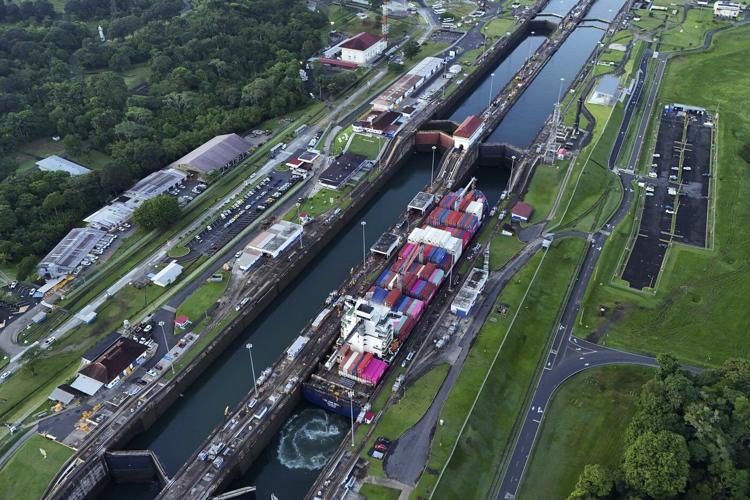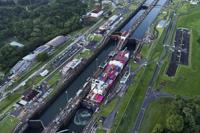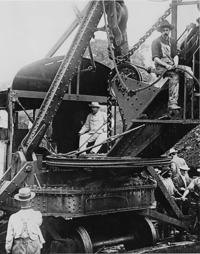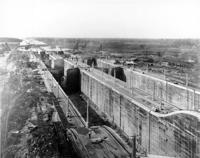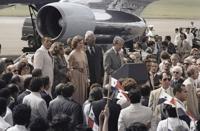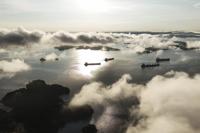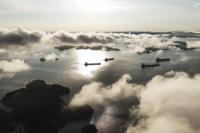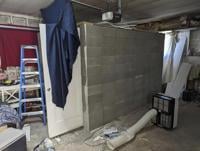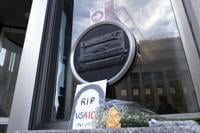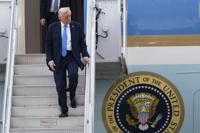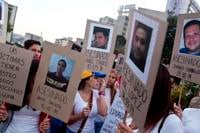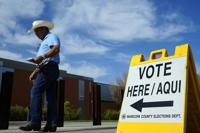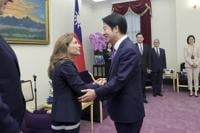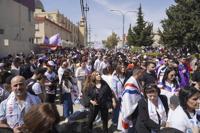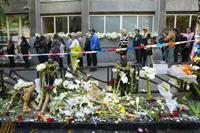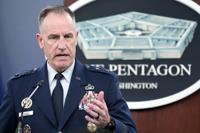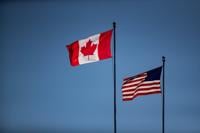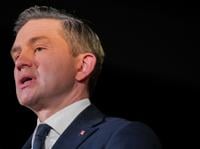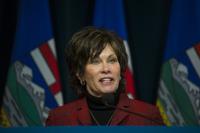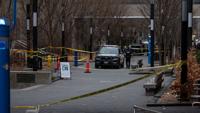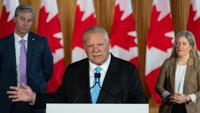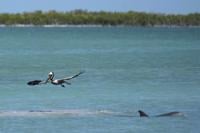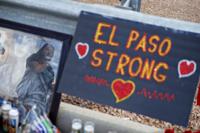PANAMA CITY (AP) — Panama on Tuesday celebrated the 25th anniversary of the U.S. handover of the Panama Canal, which President-elect Donald Trump has threatened to take back.
The commemoration was made more poignant by the death on Sunday of , who negotiated the 1999 handover deal.
“On this, such a special day ... a mix of happiness for this 25th anniversary of having the canal in Panamanian hands, and the sadness we feel for the death of former President Jimmy Carter,” said Panama's president, José Raúl Mulino.
The ceremony included a moment of silence for Carter, who reached the handover deal with former Panamanian leader Omar Torrijos.
Speaking at the main anniversary celebration in Panama City, Mulino said the two men “had the vision and nobility to take the road of justice."
Meanwhile, Trump is linking the Atlantic and Pacific oceans. He has said if things don’t change after he takes office in late January, “we will demand that the Panama Canal be returned to the United States of America, in full, quickly and without question.”
Trump has asserted that a 1977 treaty “foolishly” gave the canal away. He hasn’t said how he might make good on his threat.
During Tuesday's ceremony, Mulino did not refer specifically to Trump's statements. He did, however, try to deflect accusations that China may have too much influence over the waterway.
“There are no hands involved in the canal other than Panama's,” Mulino said. “Rest assured, it will be in our hands forever.”
The deal involved two treaties. One was for the handover. The other, which continues in perpetuity, gives the U.S. the right to act to ensure the canal remains open and secure. It gives the U.S. the right to act if the canal’s operation is threatened due to military conflict — but not to reassert control.
Jorge Luis Quijano, who served as the canal's administrator from 2014 to 2019, has said that “there’s no clause of any kind in the neutrality agreement that allows for the taking back of the canal.”
“There’s very little wiggle room, absent a second U.S. invasion of Panama, to retake control of the Panama Canal in practical terms,” said Benjamin Gedan, director of the Latin America Program at the Woodrow Wilson International Center for Scholars in Washington.
Traffic on the canal increased 17% between fiscal years 1999 and 2004. Panama’s voters approved a 2006 referendum authorizing a major expansion of the canal to accommodate larger, modern cargo ships. The expansion took until 2016 and cost more than $5.2 billion.
Shipping prices have increased because of , forcing Panama to drastically cut shipping traffic and raise usage rates. Though the rains have mostly returned, Panama has said future fee increases might be necessary as it undertakes improvements to accommodate modern shipping needs.
Canal administrator Ricaurte Vásquez has said the canal “has demonstrated that Panamanians are people who can face challenges” including the effects of climate change, world economic cycles and international conflicts.

